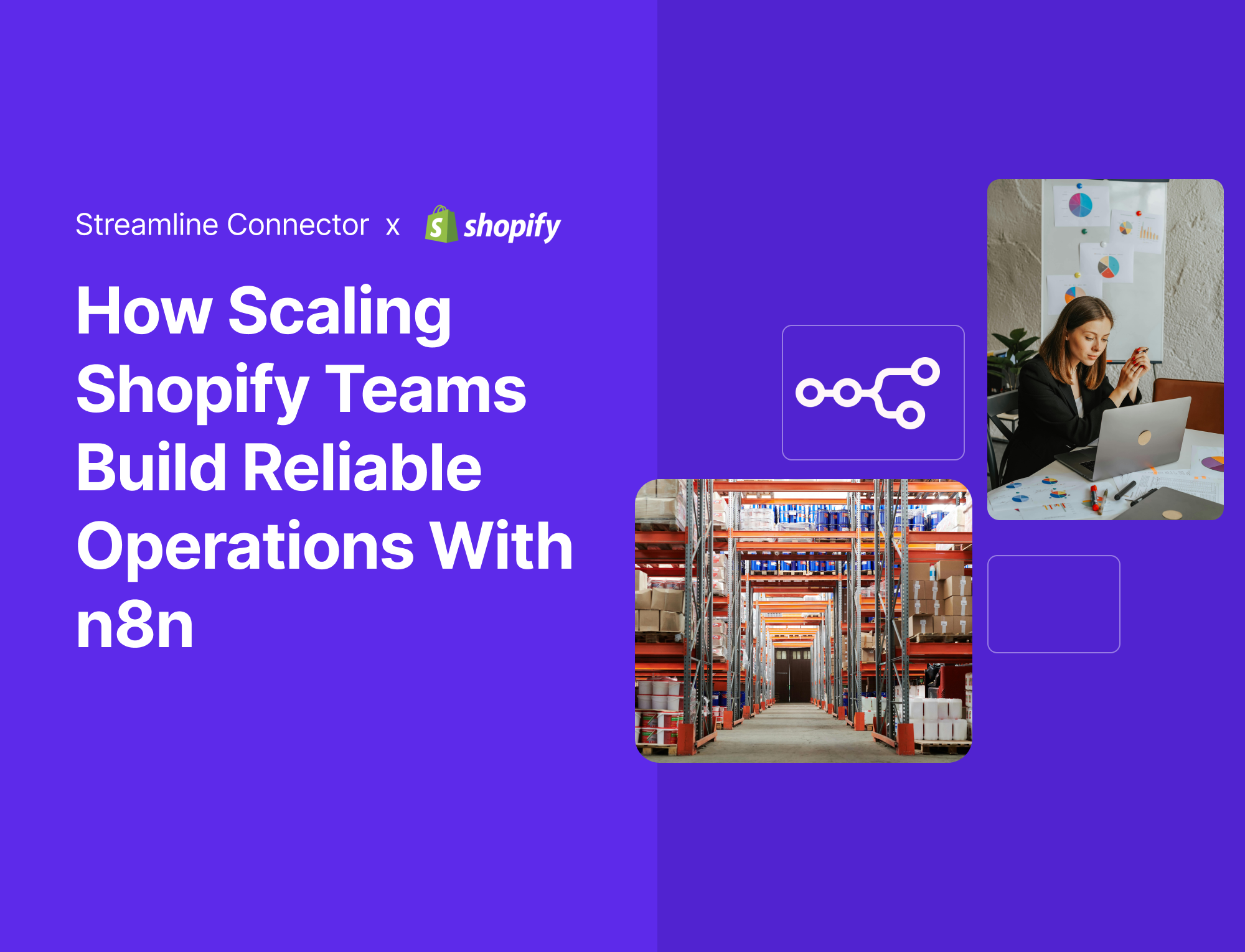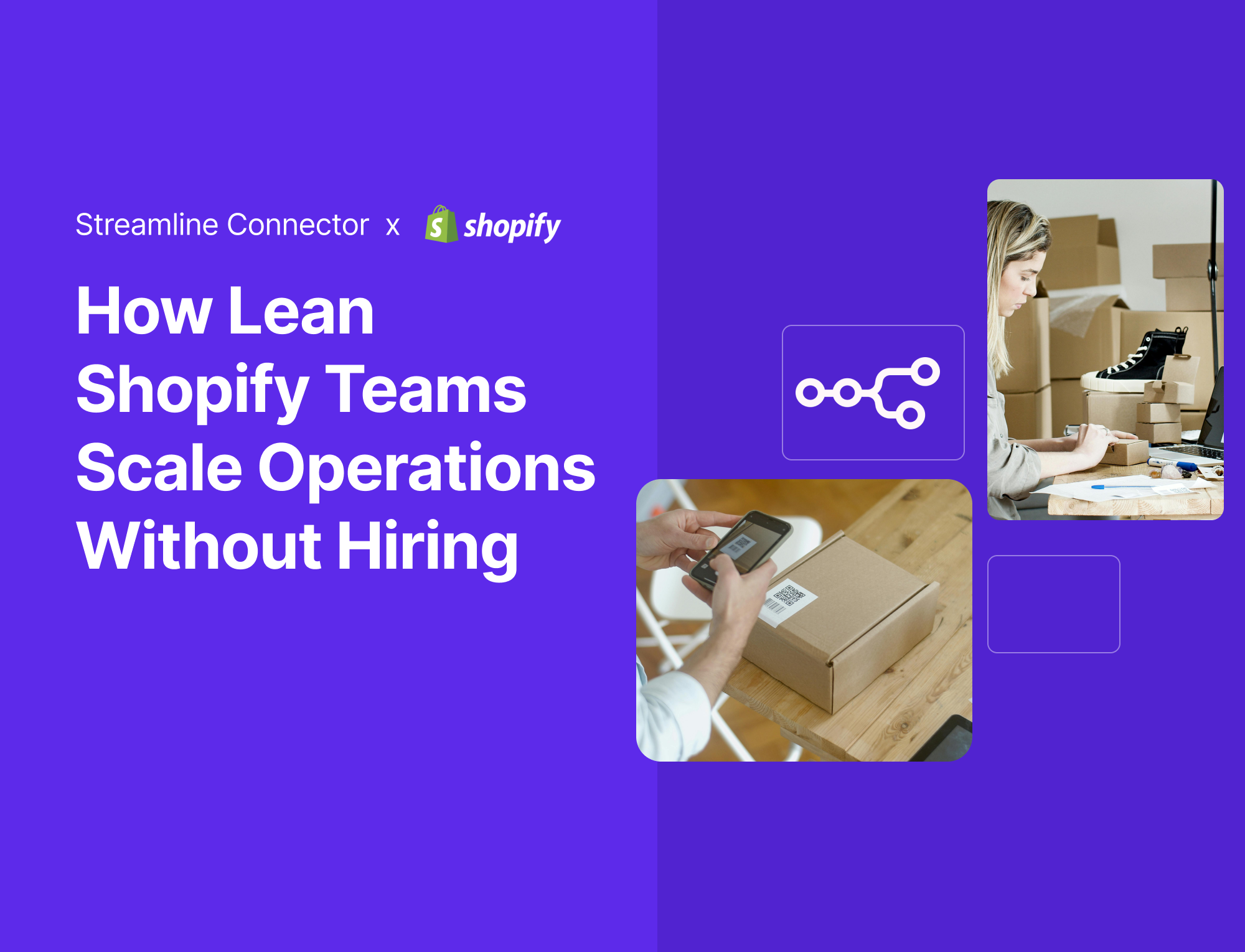How to Get ChatGPT and Claude to Recommend Your Products
.png)
Table of contents
The days of optimizing solely for Google are over...
As platforms like ChatGPT, Perplexity, and Claude become search engines in their own right, the way customers discover eCommerce brands is rapidly evolving. Welcome to GEO — Generative Engine Optimization — the strategy of optimizing your Shopify or WooCommerce store to show up in AI-generated answers.
In this post, we’ll explain what GEO is, how it differs from traditional and AI SEO, and how eCommerce brands can prepare to rank in this new world of AI-powered search.
🚀 What Is GEO (Generative Engine Optimization)?
Generative Engine Optimization (GEO) is the practice of tailoring your content, product data, and web presence to appear in answers generated by large language models (LLMs) like ChatGPT, Claude, and Perplexity.
These platforms don’t rely on blue links like Google. Instead, they synthesize information from across the web to generate a single, human-readable answer — ideally referencing your brand as a source or recommendation.
Examples of GEO in action:
- A shopper asks ChatGPT, “What’s the best Shopify app for product SEO?” and your app is recommended.
- A buyer uses Perplexity to compare supplements and sees your WooCommerce store listed in the source citations.
- A B2B lead searches in Claude, “Top DTC brands in wellness,” and your eCommerce brand appears in the response.
The game has changed. The question is: will your brand show up?
🧠 How Is GEO Different from Traditional SEO?
🛠 What Is AI SEO?
AI SEO is the use of artificial intelligence to optimize content for traditional search engines.
This includes:
- AI-assisted content creation (e.g., using Jasper or ChatGPT for product descriptions)
- Topic clustering and semantic analysis (tools like Surfer SEO, Frase)
- Search intent prediction to better align content with what users are really asking
💡 Important: AI SEO is a technique to improve your SEO, while GEO is an emerging search category. One powers how you optimize; the other shapes where you need to rank.
🔍 How to Rank in AI Search Engines with GEO
If you want your Shopify or WooCommerce store to appear in LLM-generated answers, your strategy needs to change:
1. Create Helpful, Authoritative Content
- Focus on buyer questions: “best running shoes for flat feet,” “how to clean a leather wallet”
- Include expert advice, user data, and citations from your own site
- Structure content with clear headers, bullet points, and FAQs
2. Publish Beyond Your Website
- LLMs pull from trusted sources — not just your domain
- Post on LinkedIn, Medium, Substack, Quora, and Reddit with backlinks to your store
- Contribute to high-authority blogs or podcasts in your niche
3. Use Structured Product Data
- Ensure your Shopify or WooCommerce store has clean product feeds
- Tools like Streamline Connector can structure and enrich your product data to be AI-ready
- Add schema markup and descriptive alt text (bonus: helps with ADA and EAA compliance too)
4. Monitor Where You Show Up
- Check if your brand appears in Perplexity's “Sources” section
- Search your product category in ChatGPT and note the brands mentioned
- Use brand monitoring tools like SparkToro or Mention to track AI citations
⚠️ Risks and Limitations of GEO
- No guaranteed attribution: ChatGPT may reference your content without a backlink
- Quality standards: AI-generated content without human editing risks being filtered as low-quality or spam
- Visibility measurement is still fuzzy: Unlike Google, LLMs don’t offer dashboards or rankings (yet)
📊 Measuring ROI from GEO and AI SEO
To understand if your GEO strategy is working:
- Track branded search volume over time (Google Trends, Search Console)
- Monitor direct traffic and assisted conversions
- Use tools like Perplexity to see if you’re cited as a source
- Check referral traffic from platforms like Reddit, LinkedIn, or Substack
🔗 Combining AI SEO + GEO: A Real-World Example
Let’s say you run a mid-sized Shopify store selling organic skincare.
AI SEO Tactics:
- Use Surfer SEO to analyze top-ranking articles
- Draft a blog post titled “Best Natural Ingredients for Sensitive Skin” with ChatGPT, then human-edit
GEO Tactics:
- Share the post on your LinkedIn and Reddit communities
- Add schema.org FAQ markup to the blog
- Use Streamline Connector to make sure your product catalog is structured and discoverable by LLMs
Result: You start appearing in Perplexity’s answers, and ChatGPT references your brand when users ask for product recommendations.
💰 GEO Strategy by Budget
🧭 Final Takeaway: The New Rules of eCommerce Visibility
As LLMs become the default discovery channel for shoppers, the rules of SEO are evolving. If you’re running an eCommerce brand on Shopify or WooCommerce, GEO is your new visibility strategy.
✅ Prioritize high-quality content
✅ Invest in structured data and trustworthy citations
✅ Blend AI SEO techniques with real human expertise
The future of search is conversational, AI-driven, and already here. GEO ensures your brand doesn’t get left behind.




